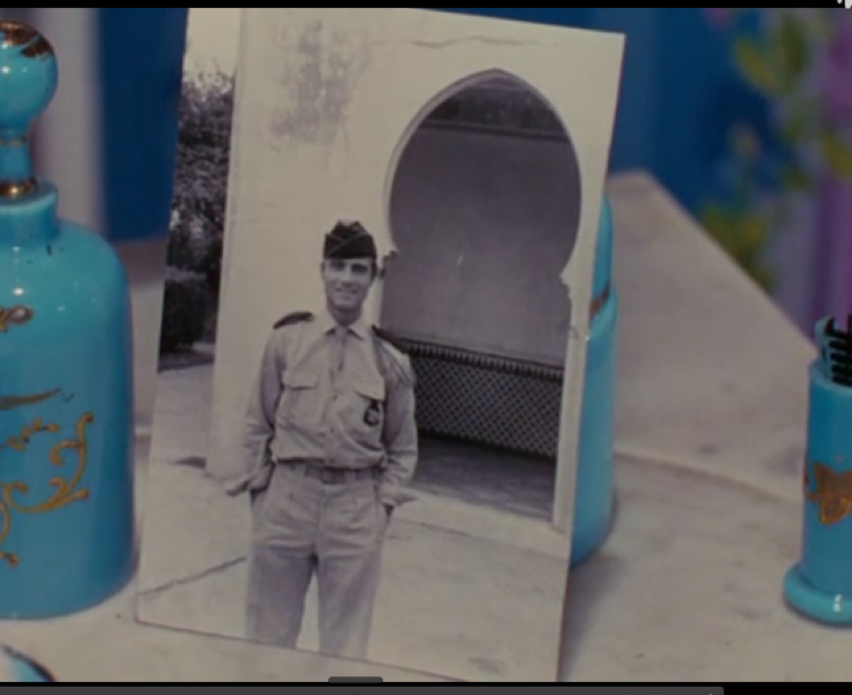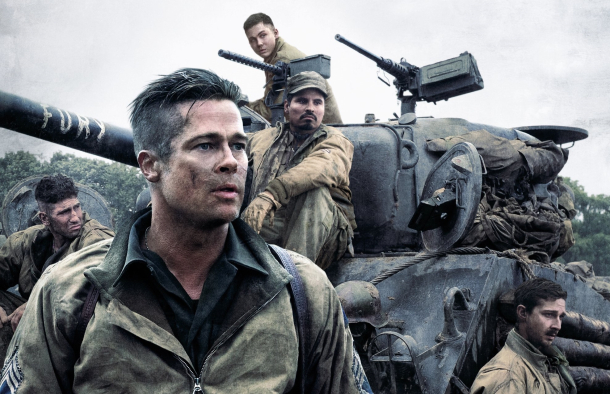by James Brown
The BBC’s Answer to Svetlana Alexievich at Remembrance Weekend
The 11 November 2020 marked the strangest day of remembrance in British history. In a country where the World Wars form the central pillars of national memory, the wartime style disruptions of COVID-19 meant the usual parades and ceremonies could not take place. Yet nonetheless, what did occur, as usual, was the remembrance of war as it takes place each year on television screens across the country.
Next to the broadcast of the traditional ceremonies, films and documentaries about the World Wars are traditionally shown as part of a period of reflection. The schedule, however, is often quite repetitive with the same heroic war films and armchair-general-type shows being re-run each year. There are comparatively few solemn attempts at reflection, particularly ones which highlight the multinational character of the conflict and the plight of civilians on all sides of the battle. That is why it was so refreshing to see the BBC release a new documentary that focuses on the civilian experience of war, Berlin 1945.
Berlin 1945 has an enticingly simple format: voice actors read diary entries from civilians and soldiers written in the year 1945 while their photographs and archive footage features on screen. The narrative focuses on the city of Berlin during the Second World War’s twilight period but includes voices from the allied side as well. The choice of the single city of Berlin gives the documentary a positionality that captures not only the creeping encirclement of Germany, but also how the military struggles enacted from the Berghof, Washington D.C., Moscow, and London were converging at a single point after years of bloodshed across far-flung corners of the world.
Those whose diaries are read out, and at whose lives we are allowed to look at their bleakest and most human, include conscripted 16-year old soldiers, a Jewish woman in hiding, worried mothers, fathers, and children. We also encounter enforced labourers from France and Eastern Europe, exhausted Soviet ground troops, and allied pilots conducting massive bombing raids over Berlin. Their stories tell of the desperation faced by Berliners and the intensity of WWII’s final days.
It is a Kafkaesque tale of daily struggles not just to survive, but also of the attempts to preserve remnants of normality as the Red Army exacts extreme military and sexual violence on Berlin’s civilian population, especially the women. People continue to watch light entertainment films at the cinema and return to finish them even after the viewing is interrupted by air raids. Family and friends still gather for schnapps before they listen to Hitler’s latest morale-boosting radio broadcast. Teenage air-craft gunners try to shoot down Allied bombers, intermittently referring to each other as comrades and classmates. And all the while inane Nazi propaganda continues to bleat promises of future victory even as the Third Reich’s armed forces melt away before the people’s eyes.
While watching, I was reminded of Svetlana Alexievich, the 2015 Nobel Literature Laureate, and her oral chronicles of the Second World War and the Soviet invasion of Afghanistan (1979-1989). Her books are not novels or histories, but rather written choruses of individual voices who have borne witness to the tragedies of war. Uniquely, Alexievich is especially attentive to the experiences of Soviet women and children during these conflicts and her Unwomanly Face of War (2018) and Last Witnesses (2020) respectively cover the experiences of each group throughout WWII. As in Britain, the Second World War in the post-Soviet countries, known there as the Great Patriotic War, also occupies a central place in national histories. There too, the focus is on the story of the soldiers. Like Alexievich’s books, the BBC’s Berlin 1945 adds vital voices to the story of WWII which are frequently ignored.
Berlin 1945’s appearance this Remembrance Weekend, with its emphasis on the civilian and multinational side of conflict, also connects with the growing debate over how Britain should remember its wars. The country finds it difficult to discuss changing the focus of remembrance. When alternatives to the mainstream narrative are proposed; for example, as opposed to traditional red poppies, wearing white or black ones which highlight civilian and African or Caribbean experiences respectively, it provokes a visceral and corrosive backlash (the poppy issue imbricates broadcasters especially, including the BBC). A production like Berlin 1945, which is also significant for giving a humanised portrait of the enemy German population, helps remind us how conflict damages all human lives, on and away from the front, and gives voice to some of the forgotten victims of war.
Berlin 1945 is available on BBC iPlayer now.
James Brown is a PhD candidate in history at Northumbria University. His focus is on Soviet dissidents and their use in the politics and international relations of the Cold War. He previously studied at Glasgow University, doing a Master’s in East European, Russian, and Eurasian studies. During this time he studied Russian and wrote his thesis, ‘Returning to Machiavelli: Giving Belarus-Russia relations the Original Realist Treatment’, which received the prize for best dissertation from the Centre for East European, Russian, and Eurasian Studies at Glasgow.









